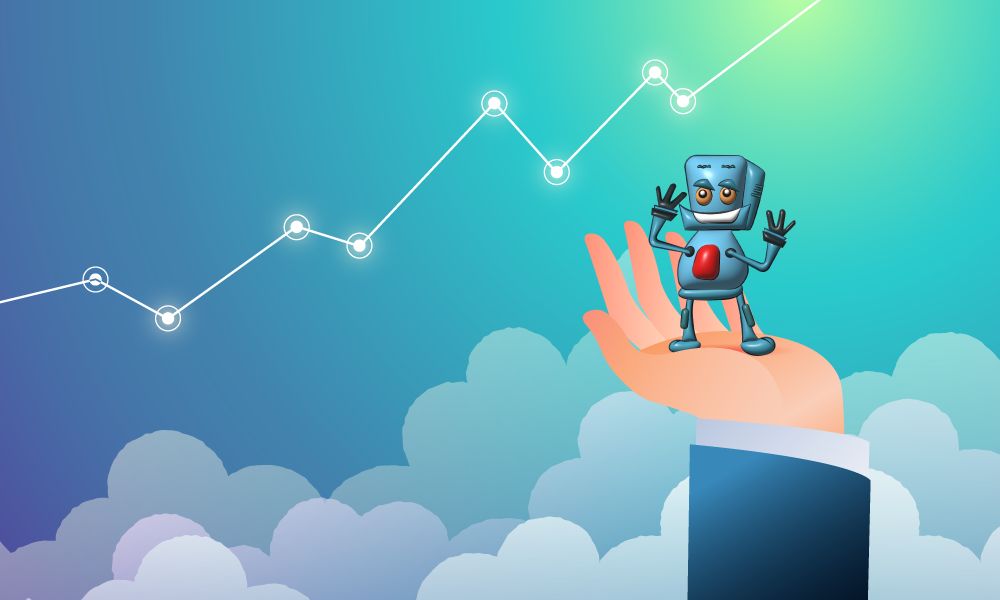
Retail traders often invest in stocks, bonds, options, and futures markets, but their access to initial public offerings (IPOs) is extremely limited to nonexistent.
Retail traders are allowed to trade any number of shares at once, however, most transactions are conducted in lots of 100 shares each (round lots).
It is possible that the expenses of making trades will be greater for retail traders if they choose a broker who charges a flat fee per trade in addition to the costs of marketing and distribution.
In most cases, the volume of shares transacted by retail traders is insufficient to have an effect on the price of the securities.
Retail traders, as opposed to institutional traders, are more likely to invest in small-cap stocks due to the lower price points that can be found in these stocks.
This enables retail traders to purchase a diverse range of securities in an adequate number of shares, which is essential for building a diversified portfolio.
The high rate of failure can be attributed to two primary factors that mutually strengthen one another.
The media and the industry both push the concept that it is simple and anyone can become a profitable trader.
This is the first and most important thing that they do. This is a completely false statement.
In principle, anyone who is ready to put in the necessary effort and treats it like a business can achieve their goals.
Trading is approached by almost absolutely nobody with the same level of rigor as any other kind of professional job.
Let's put the first reason out of our minds because there isn't much that can be done about it.
We are not going to make any efforts to alter the fact that a significant portion of the market is predicated on the naiveté of consumers.
In addition to the first explanation, we also have another reason that is connected to individuals in general.
The vast majority of people who try their hand at trading in the financial markets are just unable to control their emotions and risk adequately enough to make it through the learning curve.
The task of effectively managing one's own emotions turns out to be a difficult one, and the ever-shifting conditions of the market make the learning curve even steeper.
The fact that this industry is so appealing is also the primary factor that contributes to the fact that it is so challenging to become an expert in.
After making a trading decision, a human's capacity to keep his psychological well-being under control and to control his own reactions is significantly impacted by the direct input from the market, which may be rather violent at times.
It has the ability to interfere with executive functioning and set off innate responses of "fight or flight."
This leads to trading based on emotions or trading while irrational, both of which fast cause more losses than any other mistake you may make while engaging in this line of work.
The majority of other types of labor provide a protective buffer zone between the typical day-to-day decisions at work and the ultimate feedback, which is the paycheck at the end of the month.
This particular line of work does not. Every every call, no matter how insignificant it may seem, has an immediate effect on your capital.
Every single oversight has the potential to wipe out a piece of your financial resources, while every single sound choice has the potential to restore those resources in full and then some.
This kind of psychological exposure can be extremely upsetting, and it can make a world of difference to understand the systems that underlie it.
Therefore, psychology is what sets apart the pros. Don't get me wrong … Professionals who trade on their own discretion are not emotionless, but they are considerably more aware of their responses and able to regulate them.
The successful professional has a profound understanding that trade is mostly about how people perceive things, and that everything else in the business is just minutiae.
You might be wondering how someone could possibly get to such a high level.
To get started, it's important to steer clear of any market, financial instrument, time frame, trading approach, or any combination of these that doesn't align with the person you are on the inside. This is a good place to start.
The best course of action is to have as little contact as possible with the triggers that can bring forth the demons that lie dormant within.
Always look for approaches that you can comprehend and that align with your core being.
If you are impatient, trade shorter time frames; if you are highly risk-averse, don't use enormous margin; if you are risk-averse but you don't have enough cash, use margin with a strict risk management (maybe options); and so on.
If you want to have a shot, you absolutely have to work on adapting to yourself, even though there are an unlimited number of ways to do so.
It never ceases to amuse me to notice that the overwhelming majority of educational resources are directed toward what the market does, despite the fact that the bulk of success in my industry comes from learning how to adapt to the market, regardless of what it does.
And naturally, the other market participants constitute the market to a greater or lesser extent.